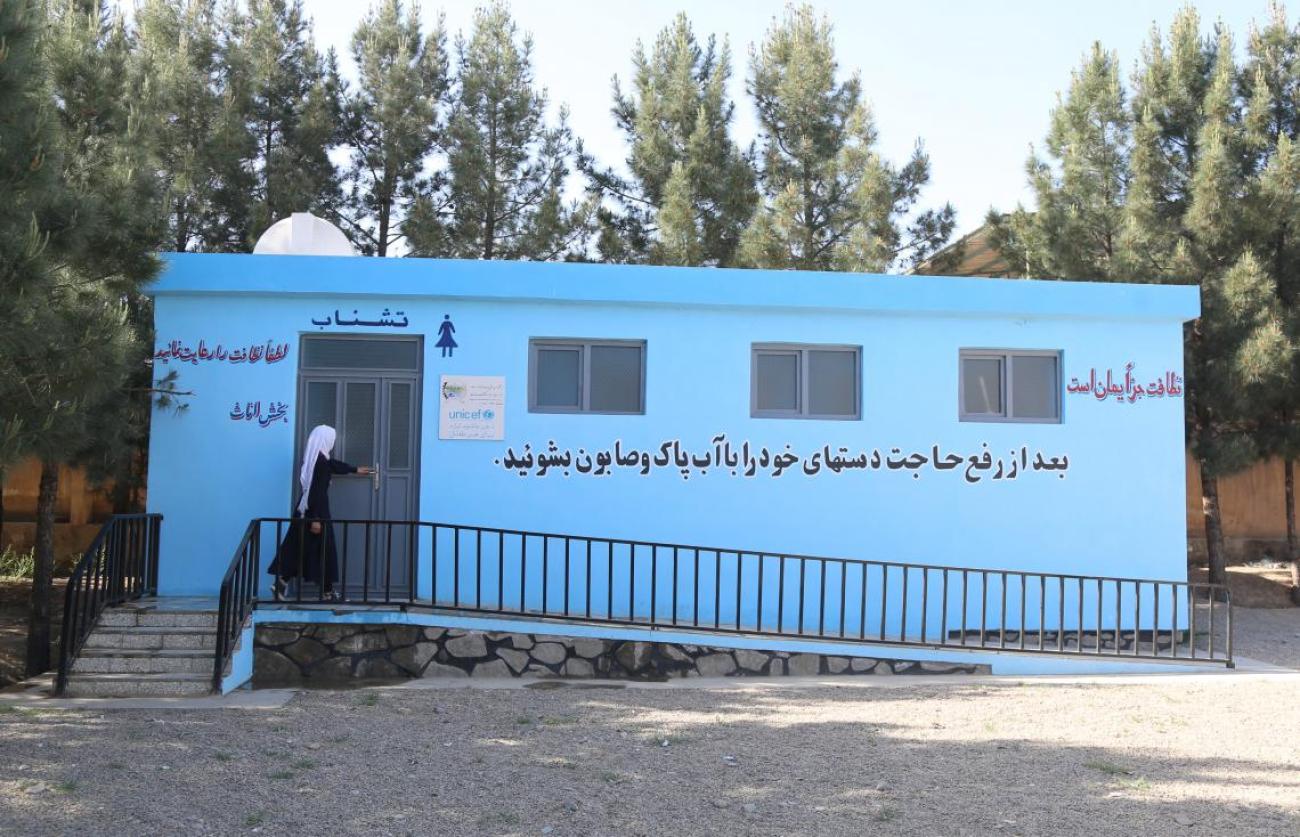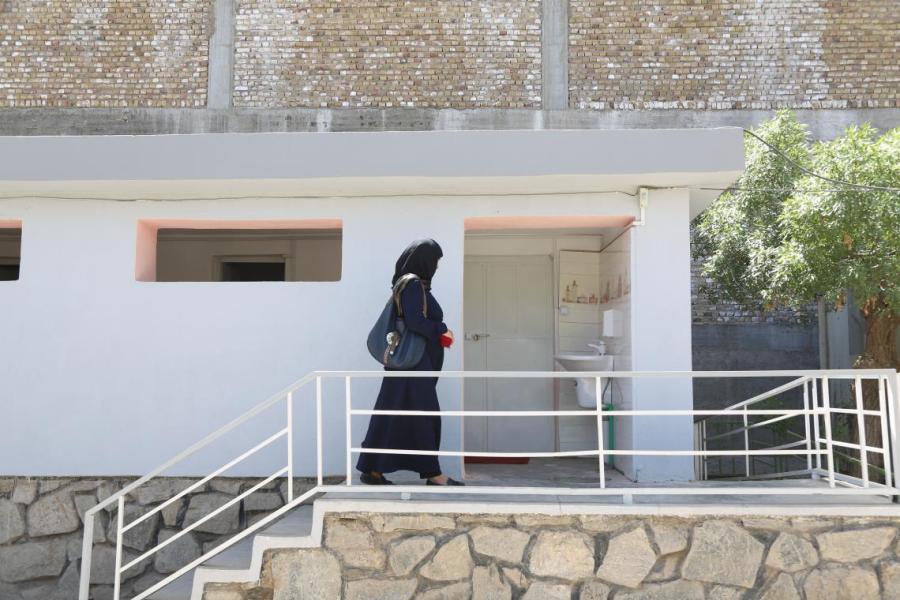Breaking taboos

Ending the stigma and silence around menstrual hygiene in Afghanistan
In Afghanistan’s conservative culture, there are some common misconceptions about menstruation. It is considered a taboo. Young girls associate it with something negative, shameful, or even dirty. Many parents refuse to discuss menstruation with their daughters. Girls, on the other hand, remain quiet about the initiation of their menstrual cycle out of fear their parents will arrange marriage for them.
According to a recent U-Report poll, more than 50 per cent of girls in Afghanistan start their period without having any knowledge of what to expect or understanding of why it is happening.
“I thought I was suffering from a disease. My face turned pale and I did not have the guts to inform anyone, even my mom,” Muzhda told us.
Common myths around menstruation
Some of the common myths involve personal hygiene and food.
“I was told that having a menstrual cycle is a sign of misery,” says Muzhda. “I was also advised not to bathe, to avoid eating yogurt and onions, and not to cook while having my period.”

Women and girls continue to be excluded and discriminated against due to persistent stigma, myths, and taboos around menstruation.
“When we were in grade 7, my classmate, Roqia, had her first period and she was devastated,” recalls Muzhda. “After class, I saw Roqia sitting in a corner crying. She was scared and ashamed that she got her school uniform dirty.”
Muzhda comforted Roqia by telling her that her menstruation cycle is a normal bodily function for adolescent girls and women, as well as a sign of maturity. But Roqia was worried because her parents had told her that when she got her period, they would marry her off – which would mean leaving school.
The myths around menstruation not only affect girls’ personal lives, but also impact their school attendance due to lack of sanitation facilities.
According to Child Deprivation Analysis, 2020, 30 per cent of girl students in Afghanistan are absent during menstruation because schools do not have adequate water, sanitation and hygiene facilities.
Evidence shows that girls’ inability to properly manage their menstrual hygiene in schools, results in school absenteeism. This, in turn, translates to significant economic losses later in life for themselves – and their nation that is deprived of their talents and productivity.
Given the multiple challenges adolescent girls in Afghanistan face, it is clear that promoting and investing in menstrual hygiene management (MHM) is not only a sanitation issue, it is also an important step towards safeguarding the dignity, education and overall life opportunities of girls and women.
With thanks to the Government of Finland, UNICEF, in collaboration with the Ministries of Education and Rural Rehabilitation and Development, is tackling these challenges. Last year, UNICEF trained over 500 female teachers, like Rukhshana, on menstrual hygiene management (MHM), and distributed over 100,000 copies of MHM awareness raising materials in Dari and Pashto to teachers and girls across Afghanistan. This year, with partners, UNICEF plans to train over 550 male and female teachers in 130 schools across Afghanistan.
“When I get married, I will educate my daughter on how to manage her menstrual cycle so that she does not suffer like I did,” says Muzhda resolutely.








